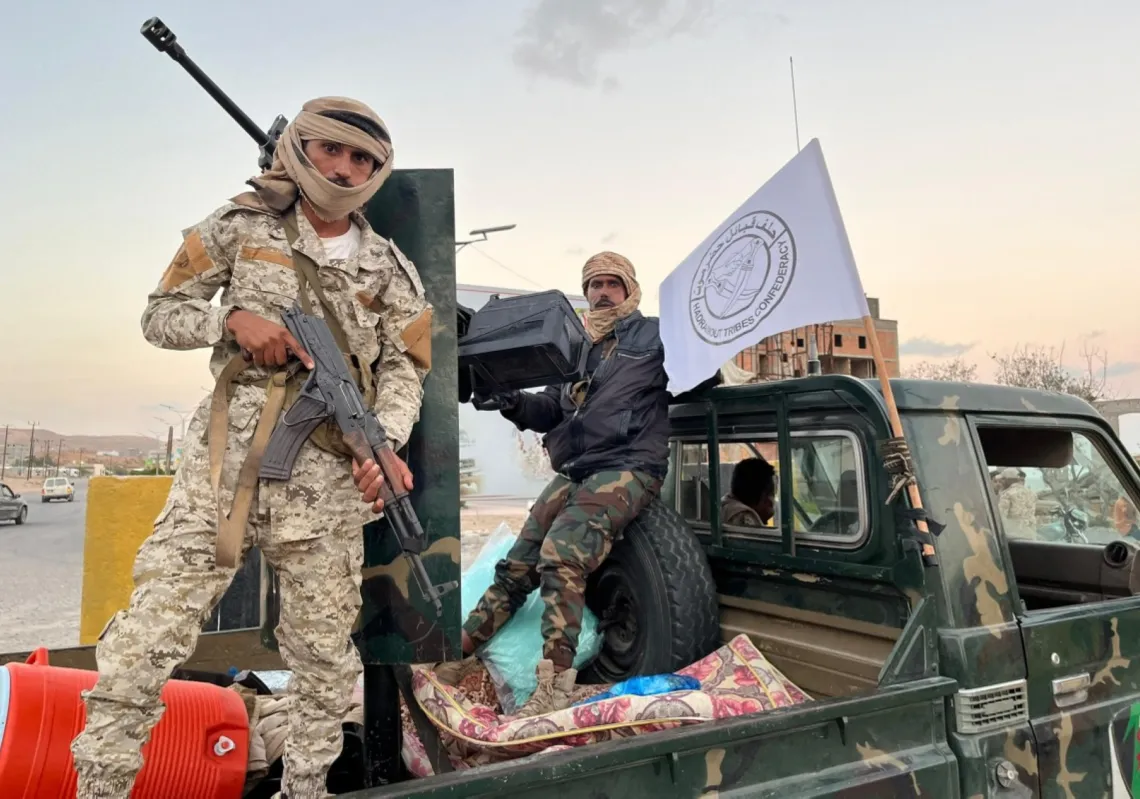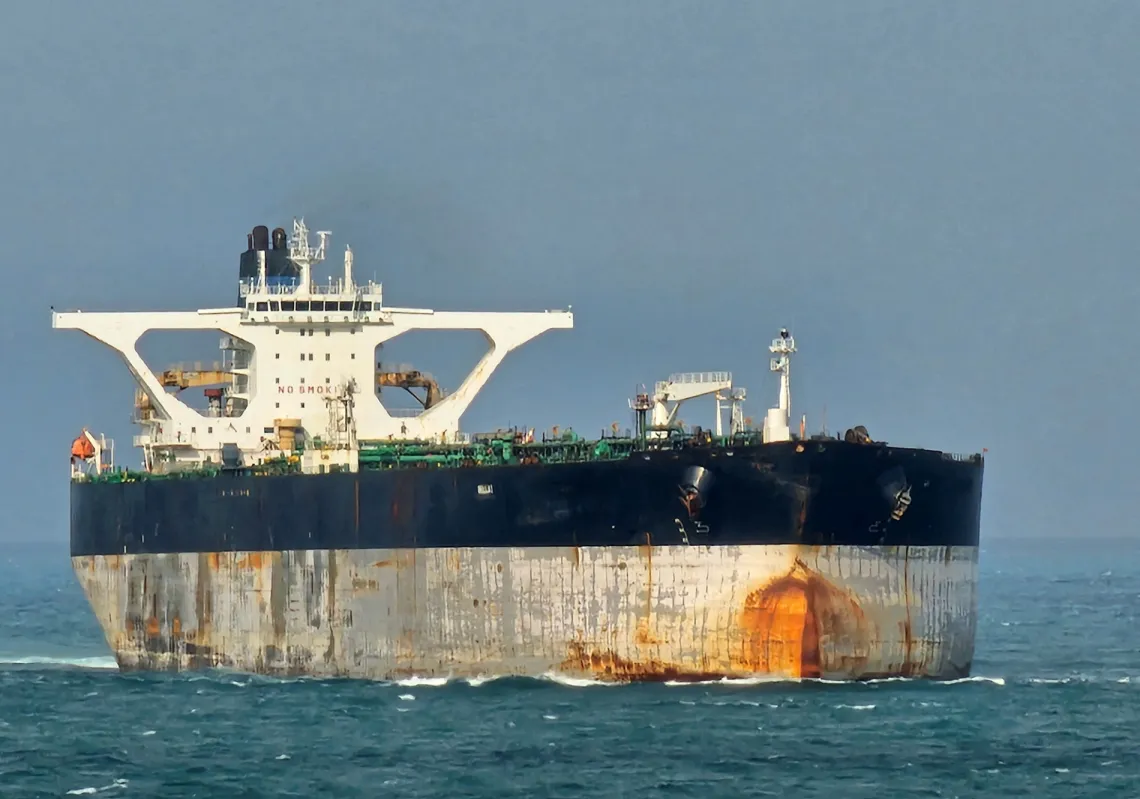Michael Aoun, the former commander of the Lebanese Army, who served as an interim prime minister of Lebanon for two years (September 1988 – October 1990), led the Change and Reform bloc (2005-2009), and headed a bloc in the elections of 7 June 2009 is considered an unprecedented phenomenon over Lebanese political history. Auon, the Lebanese hero who liberated the country from the Syrian occupation with its conspirers and militias, had not spared any effort to pay attention in his French articles to the manoeuvre of the Syrian regime and to the fact that this regime invented a new role to play as the rescuer and the corrupter at the same time. Aoun was forced into exile by Syrian troops and returned to Lebanon after 13 years to become a relentless supporter of the former occupier's goals and an unflinching ally of all the civilian, sectarian and armed organizations nurtured and sponsored by Asaad's Syria and commissioned by the Syrian side to represent the Lebanese and to aid and abet in the Syrian usurpation of Lebanon.
We do not claim that the contemporary political history of Lebanon and the Lebanese was without political upheavals. And we mean by upheavals here the shift from one position to another or from one way of thinking to another. Ryaid Elsolh did not engage in internal Lebanese politics, whether by nominating himself, or by holding an official post, except after negotiating independence and the Covenant. Only after the ending of those negotiations did he engages himself in the internal affairs of the state of Lebanon, and headed the first independent government. Thus, he has reneged on his previous position regarding the mandate, and the separation of Lebanon from Syria. His coup was preceded by the coup of Kheir El-dine El-Ahdab, the Tripoli-located politician who agreed in 1936 to form the government under the rule of Emile Edde, the Lebanese politician who is known for his political trends towards the "isolation" of Lebanon and ending its relations with the Islamic and Arab world, particularly with Syria That was the year of the "Al-Sahael Al-thany" conference and the French-Syrian treaty-a time of public disorder in most internal cities and some coastal cities like Tripoli. After those two coups many kept changing their political affiliations between constitutionalism and sectarianism; Shmonism and Shehabism; "progressivism" and "State"; or between the Palestinian organizations and the State, etc..
But there is no comparison between these coups and the coup of Michel Aoun. The way for these former coups was paved by the changes made in political conditions: from independence to delegation; from unrestricted delegation to a delegation restricted by a covenant; from one region to another; and from a certain regional and international order to another. The changes in political conditions were slow, and lasted for a decade or two. And, the leaders of those coups tried to justify their acts to the public and let it be the judge of them (like what Sami Solh did after joining Kamille Chamoun). In any case, there was a degree of reserve to which those coup leaders committed themselves. They did not give free reins to their fancy, rancour, nor to their tongues. They did not claim that they were the only ones still faithful and that the others were still "traitorous". They did not claim that the entire Lebanese history, except for the two or three weeks in which the "general" ruled 15 percent of the Lebanese territory, was the most false of histories. They did not say that the proposed reforms and changes - which are supported by a Khomeini-like party, unrivalled by any other party or group (except perhaps the armed Palestinian organizations) in its spreading of corruption among the public - need an "absolute regime" or a "dictatorship", similar to the dictatorship of a corporal or sergeant with limited political culture.
Indeed, what is known as "Aounsim" cannot be considered a policy or a way of thinking, either today or in the future, but, in our opinion, more like a kind of continuous drivel. "Aounsim Drivel" is a touching theatrical performance. It’s a "Comedy" ("Almsakher" like the Arabs used to call it), or rather a sad "Tragedy" that brings tears into your eyes, as Aoun's followers say in their meetings and gatherings. This theatrical performance contains sayings and meanings that can not be reached by the ordinary citizen or even the extraordinary politician. The man doesn't take responsibility for his speeches or his actions. He has opened the door widely in front of "delirium". Like as if he had opened Pandora's Box, his stories have gone out and started spreading corruption, distortion, and chaos among the Lebanese people, in their meetings and gatherings. From the "fake majority" to the battle over the "powers" of the Deputy Prime Minister; from "Syria in Syria", to freeing the price of gasoline; from holding Rafik Hariri responsible for the public debt, to considering the Sunnis responsible for the Syrian policy in Lebanon; and from the myth of "embassies", to instigating "Fatah al-Islam" against Saad Al-Hariri, the countless "stories" of the former army commander have led the Lebanese citizen to attribute such delirium to the man's perversion. But Michel Aoun is not a comedian performing on a stage or a clown at a circus. He is a public figure who has a large Lebanese audience that acknowledge his leadership, give him the final saying in many matters, and does not really condemn or denounce anything he says, at least publicly. They have approved some of his most flagrant actions, such as the occupation of Beirut's two main squares for a year and a half. Such an approval is in contradiction with the legacy of Lebanese (Christian) heritage: linking authority to the interests of "the people", and giving some authority to social powers. Michel Aoun seeks ultimate power for himself and his followers and entourages, in contradiction to the Lebanese political heritage. He seeks to have an ultimate power like that of Saddam Hussein, Muammar Qadhafi, Hafez Assad, or Bashar Asaad. A power like the one the Khomeini armed party managed to impose upon the Imami Shiite. This book is an attempt at understanding Michel Aoun and what he represents to his followers. It is also an attempt at understanding their unconditional loyalty to him, and the changing status of some them from partiality to secession and criticizing the movement. The book contains the testimony of many of the followers of Michel Aoun, who adhered to the man and supported him at some time, and revolted against him at later times. The first part of the book recounts parts of the different and complicated histories of these followers, while the second part tries to recount and examine some aspects of the complicated political history of Lebanon. Aounsim drivel and delirium are not individual. They are the price which the Lebanese have to pay for the parts of their individual and general history, which they did not comprehend, neither as individuals with different backgrounds nor as groups.
Thus, the book is divided into two parts. The first part of the book includes the testimonies of some of the followers of Michel Aoun, who have revolted against him at different times during the first "Aouni" awakening (1988-1990) and the second awakening (1994-2005). These followers subjected the movement and its leader to review and criticism. And, the testimonies of some other followers who are still loyal to their leader, despite their objections to the behaviour of the leader of the "Free Patriotic Movement, Michel Aoun, and his entourage. The testimonies were organized according to the date they were given on. In this regard we would like to thank all of those who testified and wished to make their names publicly known, and also those who did not wish to do so, due to strong professional and personal reasons.
The second part of the book tries to link the "Aouni" movement to the Lebanese political history in general and Christianity in particular. It also endeavours to examine the two stages of the first awakening and second awakening of this movement.
Wadah Sharara & Mohammed Abu Samra
Dar Al-Nahar
Beirut 2009








